Dark clouds hang over Tiananmen Square in Beijing. (Lintao Zhang/Getty Images)
[People News] In May 2025, a group of individuals within the Chinese Communist Party (CCP) system, known for their sensitivity to 'climate' changes, began to take quiet action. Familiar names, who have lingered on the margins for years yet are well-versed in the shifts of political winds, have resurfaced.
On May 21, during the 9th Silk Road International Expo in Xi'an, Shaanxi, the keynote speaker was not the director of the National Development and Reform Commission or a local official, but Shen Yueyue—currently the Vice Chairperson of the National Committee of the Chinese People's Political Consultative Conference and a former Deputy Minister of the Organization Department, a significant figure from the Hu Jintao era.
On stage, she addressed three key points: the importance of adhering to peaceful development, the need to remain vigilant against extreme nationalism, and the necessity of strengthening multilateral mutual trust and cooperation. These remarks are particularly significant in the current political context, especially since her speech took place in Xi'an, the historical base of Xi Jinping's father, Xi Zhongxun, making her address feel more like a politically charged platform.
Following this, on May 22, the Tibet edition of the People's Daily published what seemed to be a routine local feature titled 'Documentary on the Model Creation Work of Dual Support in Shannan.' While it ostensibly promotes military support policies, insiders recognise it as a subtle way of 'pointing to the ground without pointing to people.'
Shannan was once governed by Hu Chunhua, and this reflects the typical coded language used by the CCP's official media:
Do not mention names, but report original work locations;
Do not discuss career paths, but highlight prominent territories;
Do not claim you are rising to power, but first state where you are;
There is a high degree of organizational discipline.
Those familiar with the inner workings of the system can clearly see that Hu Chunhua is rising in prominence. Why him? It’s not due to his strength, but rather because he is moderate and has limited ambitions. He is not aligned with Xi Jinping's faction, has ties to the Hu-Wen administration, enjoys a solid reputation internationally, and most importantly, he has not chosen the wrong side at this critical moment.
Simultaneously, a silent decision is unfolding among the top leadership. Xi Jinping was originally scheduled to visit Henan for research on May 19, accompanied by Cai Qi. However, on the day of the visit, Cai Qi unexpectedly requested leave, citing severe insomnia and nervous exhaustion.
Cai Qi is not betraying Xi; he is simply opting not to accompany him on what could be his final journey. Today, travelling with Xi is no longer seen as a political advantage but rather as a political risk.
This sentiment has quickly permeated the local systems.
On May 22, Yuan Jiajun, the Secretary of the Chongqing Municipal Committee, spoke at a Western Economic Cooperation Conference, where he notably did not mention the 'Two Establishes' or 'Two Safeguards.' Instead, he repeatedly emphasised that 'the new era grants the western region a strategic depth position, and we must promote regional cooperation through coordinated development.'
In essence, this translates to:
Forget slogans, focus on real issues;
Forget loyalty, emphasise cooperation;
Forget the core, prioritise coordination.
Recently, he made a round trip along the eastern coast, visiting Shanghai, Guangdong, and Zhejiang, where he met with Chen Jining and Huang Kunming. Upon his return, his rhetoric shifted significantly, indicating that local leaders are aware that a change in direction is imminent.
In the propaganda system, the most astute observer is not the Minister of Propaganda, but the strategist—Wang Huning. This advisor, who has crafted ideological narratives for three generations of leaders, implemented an internal adjustment within the propaganda department in late May:
Cease the advancement of the new era thought extension project;
Halt any further packaging of the 'Two Establishes.'
During the meeting, he made a single statement: 'The stability of the propaganda system is the top priority at this moment.'
The private signals he conveyed are even more intriguing: 'I will allow for historical thought space, but I will not push for new rhetoric.'
In simpler terms, this translates to: 'I neither support Xi Jinping (Xi) nor oppose him; how you all contend with each other is your concern, and I will not involve myself in the forthcoming directives.'
Currently, the Chinese Communist Party (CCP) is in a peculiar state that remains unspoken:
No one is suggesting a replacement for Xi Jinping; no one is proposing Hu Chunhua as his successor; and there is no public discussion regarding the health of the core leader.
However, it is clear to everyone that (Xi) can no longer set the direction.
The CCP had initially scheduled the Fourth Plenary Session for August 2025. Traditionally, this meeting serves as a critical juncture for interrupting the five-year plan and adjusting the system's pace. The agenda was meant to cover significant topics:
Aligning with the concluding strategies of the 14th Five-Year Plan;
Strengthening the core command mechanism;
Clarifying later policies towards Taiwan and Russia.
Yet, as May draws to a close, the General Office has remained silent—no announcements of schedules, no lists of representatives, and no documents have been issued. The People's Daily has chosen to remain silent, and even the 'Learning Power' platform has discreetly removed the special topic on the Fourth Plenary Session.
No one within the system claims, 'We forgot to hold a meeting'; everyone understands that it’s not a matter of forgetfulness, but rather a reluctance to convene.
The genuine assessment from Zhongnanhai is quite clear: 'The situation remains unstable, and everything is on hold.'
Whose situation is it, and who is observing? No one is willing to say. Yet, it is understood why they hesitate to hold a meeting: because once the Fourth Plenary Session is called, it will inevitably confront the issue of Xi Jinping's status:
Either formally reaffirm the 'two establishments' and declare his return to power;
Or tacitly accept his nominal role, placing him on stage without allowing him to speak.
Even more pressing questions arise:
Will he still be permitted to preside over the meeting?
Does he still hold any external representation rights?
None of these questions can be dismissed lightly. Particularly now, with Putin confirming his visit to Beijing in October, the CCP's diplomatic apparatus is quietly preparing for the reception.
At this moment, Beijing cannot and does not dare to let the outside world perceive that Xi Jinping has effectively become a figurehead. If this perception were to emerge, it would jeopardise agreements made in private discussions that have yet to be formalised on paper:
Energy exchanges for US dollars;
Commitments to joint actions.
Should Vladimir Putin expose this situation, Beijing would find itself unable to refute the claims, leading to an uncontrollable global reaction.
Consequently, high-level officials have decided to delay any actions.
In late May, multiple Western embassies in China almost simultaneously sent assessment reports back to their home countries:
Xi Jinping remains in power, but he has evidently lost his ability to command;
The functioning of power appears to have entered a semi-closed state.
This scenario is unprecedented in the history of the Chinese Communist Party:
The core leader does not step down, nor does he fulfil his official duties;
There has been no announcement of a critical illness, and no one expects a recovery;
Documents are signed, but notes are taken by others;
Meetings proceed as usual, yet the core leader is frequently absent.
The postponement of the Fourth Plenary Session is not due to the challenges of personnel changes, but rather a reluctance to acknowledge that a change has already taken place.
Is the ruler not a ruler, and the minister not a minister? The beginning is fraught with difficulty and danger, but will the conclusion be stable?
Source: Jiang Feng Time




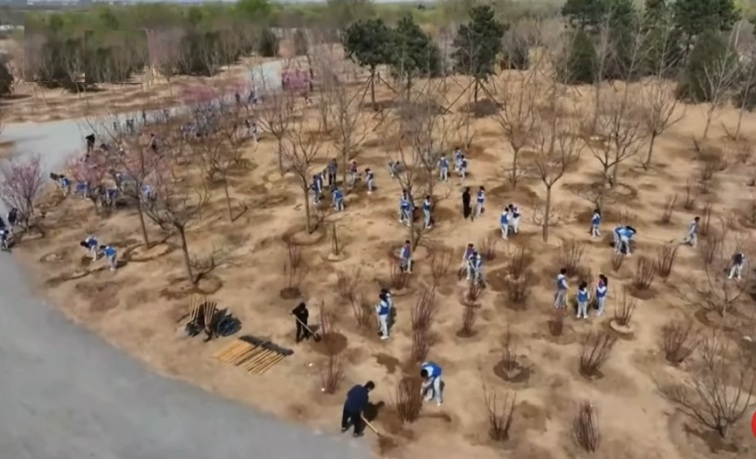
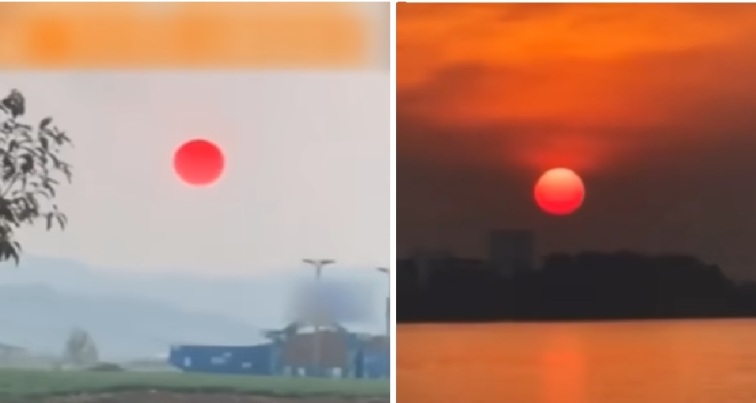
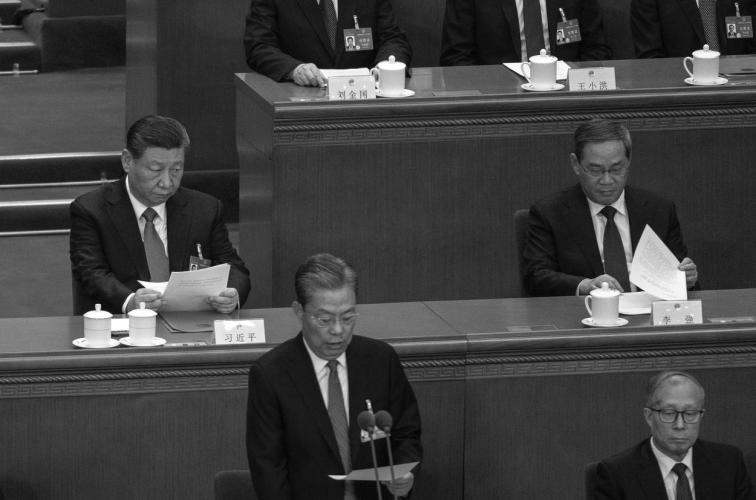
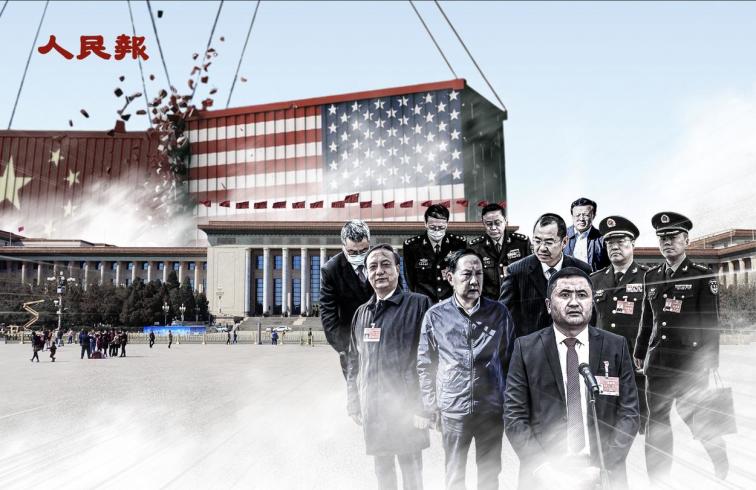
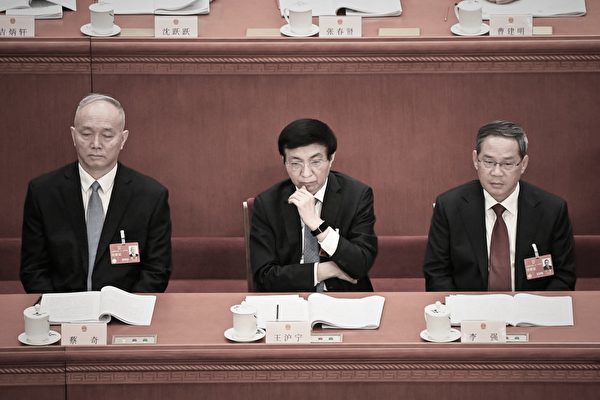
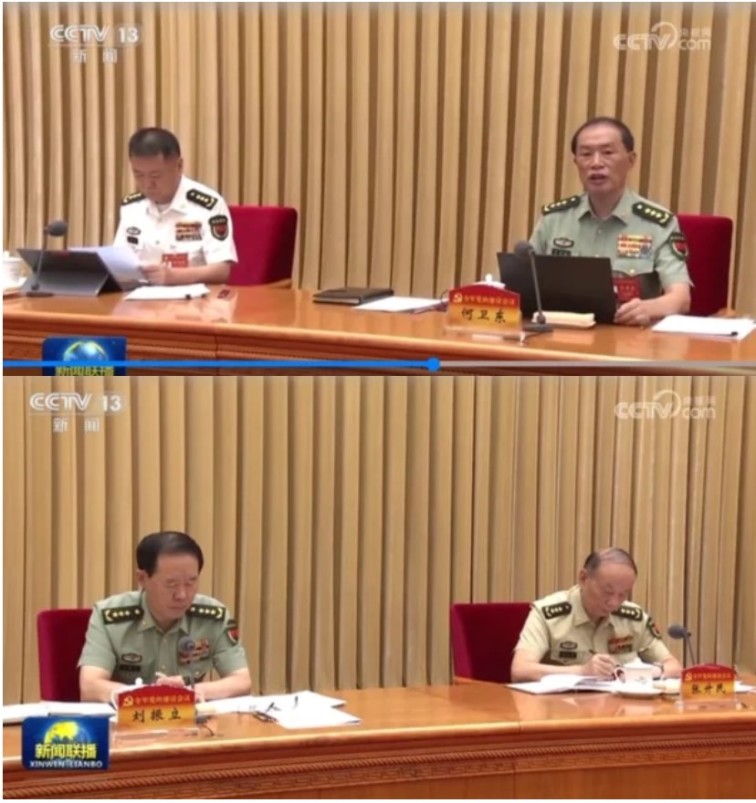

News magazine bootstrap themes!
I like this themes, fast loading and look profesional
Thank you Carlos!
You're welcome!
Please support me with give positive rating!
Yes Sure!